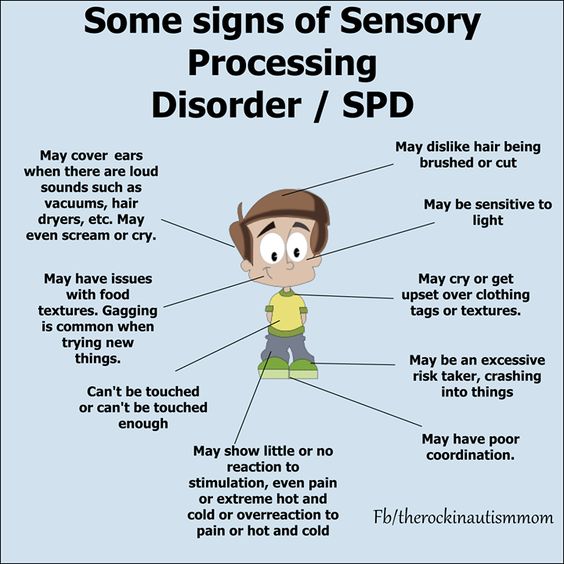Mood disorders and ASD can affect how a person feels and behaves. Mood disorders can make emotions challenging to manage, while ASD, which stands for Autism Spectrum Disorder, can impact social skills and communication. Understanding and supporting individuals with these conditions is important for their well-being and development.











